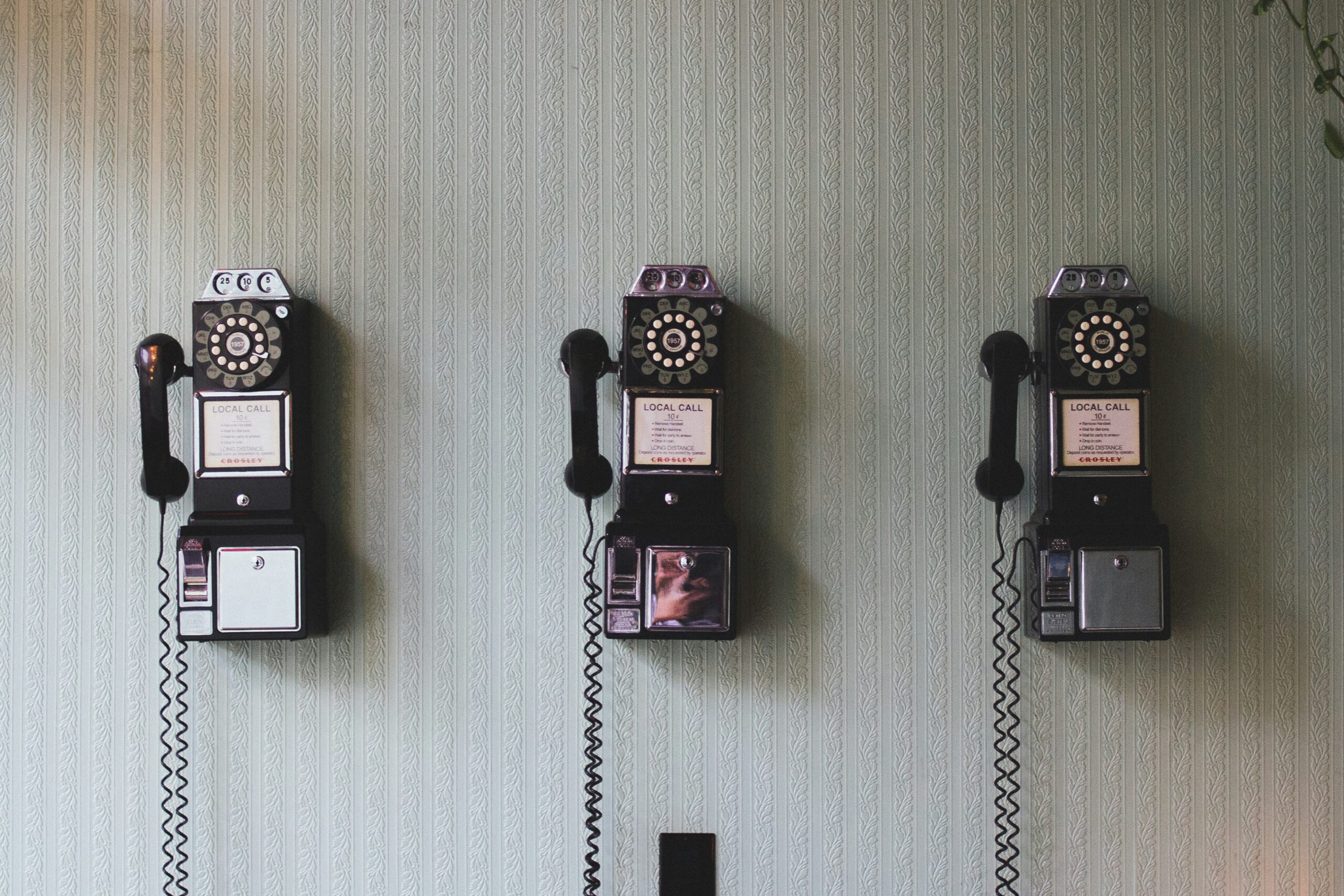
Effective communication with your property manager is essential for maintaining a healthy landlord-tenant relationship. Whether you’re a property owner or tenant, transparent and open communication ensures smooth operations, minimizes misunderstandings, and resolves issues promptly. Here are seven practical tips to enhance communication and foster a productive relationship with the property manager.
Be Clear and Concise
Clarity is key when communicating with your property manager. Whether you’re reporting an issue, seeking clarification, or giving instructions, providing clear and concise information helps avoid confusion. Vague or ambiguous messages can delay resolution or lead to misunderstandings. Be specific about the problem, the desired outcome, and relevant details.
For example, instead of saying, “The sink isn’t working,” you can say, “The kitchen sink is leaking under the cabinet, and it has been dripping since last night.” Providing specifics allows the property manager to assess the situation accurately and take the appropriate action. Concise communication saves time for both parties and keeps conversations productive.
Use the Appropriate Communication Channels
Choosing the right communication channel is crucial for efficient communication. Property managers often prefer specific channels for different tasks, such as emergency phone calls, emails for formal updates, and online portals for maintenance requests. Understanding and respecting their preferred methods ensures messages are received and prioritized appropriately.
In cases of urgency, such as a broken pipe or a safety hazard, a phone call is typically more effective than an email, which may go unnoticed for hours. On the other hand, written communication, such as email or text, is better for keeping records of agreements, requests, or other vital details. Always ask your property manager about their preferred contact method to streamline communication.
Be Proactive and Timely
Proactivity goes a long way in maintaining a smooth relationship with your property manager. Addressing issues promptly and reporting concerns as they arise helps prevent minor problems from escalating into larger, costlier ones. For instance, reporting a minor leak early can save both time and money compared to dealing with water damage later.
Timeliness also applies to responding to communications. If your property manager reaches out with questions, maintenance schedules, or updates, react promptly to keep things moving efficiently. Delays can lead to missed deadlines, incomplete tasks, or frustration. Being proactive demonstrates respect and responsibility, which can strengthen the relationship.
Maintain a Professional Tone
While it’s essential to build rapport, maintaining a professional tone in all interactions with your property manager sets the stage for mutual respect. Even in frustrating situations, staying calm, polite, and professional helps prevent conflicts from escalating. Avoid using confrontational or accusatory language and focus on finding solutions.
For example, if a repair hasn’t been addressed, you might say, “I wanted to follow up on the repair request for the HVAC system. Can you provide an update on when it might be fixed?” A polite approach keeps the conversation constructive and demonstrates that you focus on resolution rather than blame. Professionalism builds trust and encourages a positive working relationship.
Set Expectations Early
Establishing clear expectations from the start can help avoid misunderstandings later. Whether you’re a property owner outlining responsibilities or a tenant clarifying repair timelines, agreeing on expectations early ensures both parties are on the same page. Discuss communication protocols, response times, and the scope of the property manager’s role to minimize confusion.
For example, property owners can set expectations for how often they want updates on maintenance or financial matters. On the other hand, tenants can confirm how long it usually takes for repair requests to be addressed. Setting these ground rules early creates a solid framework for a successful working relationship.
Keep Records of All Communication
Documentation is a critical component of effective communication with a property manager. Keeping records of emails, texts, or any written communication can protect you in case of disputes or misunderstandings. Written communication serves as evidence to clarify details, timelines, and agreements if issues arise later.
For example, if a tenant reports a repair and the property manager delays fixing it, having written proof of the initial request can help resolve the situation. Similarly, property owners can document maintenance updates, financial reports, or tenant communications for accountability. Organized records keep everyone accountable and provide a clear history of communication.
Be Open to Feedback and Collaboration
Successful communication is a two-way street, and being receptive to feedback is vital for productive interactions whether you’re a property owner receiving suggestions about property improvements or a tenant hearing about lease responsibilities, listening and collaborating foster mutual understanding and growth.
For instance, a property manager might recommend regular inspections to address potential issues early. Instead of dismissing the suggestion, consider how it benefits the property in the long run. Similarly, tenants can collaborate with property managers on repair schedules or maintenance processes to ensure minimal disruptions. Openness to feedback builds a positive partnership where both parties feel heard and valued.
Final Thoughts
Mastering communication with your property manager doesn’t have to be complicated. By being transparent, proactive, and professional while setting expectations and maintaining records, you create a foundation for a strong and effective working relationship. Effective communication reduces stress, prevents conflicts, and promptly addresses issues, benefiting everyone involved. Whether you’re a property owner or tenant, implementing these tips can make your interactions smooth, productive, and mutually beneficial.